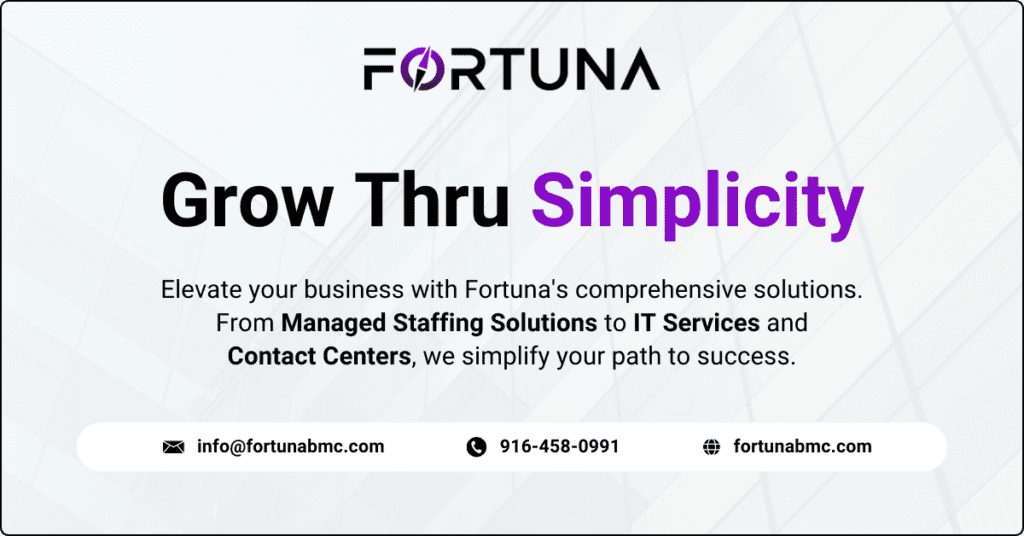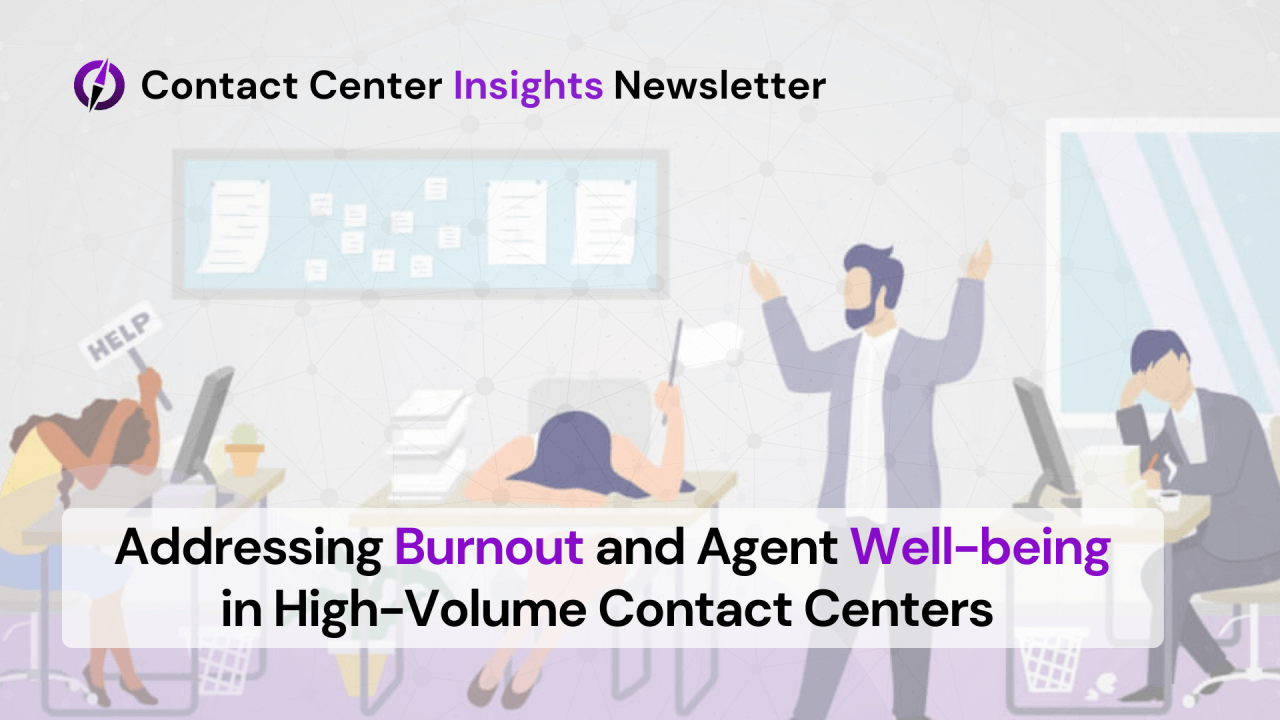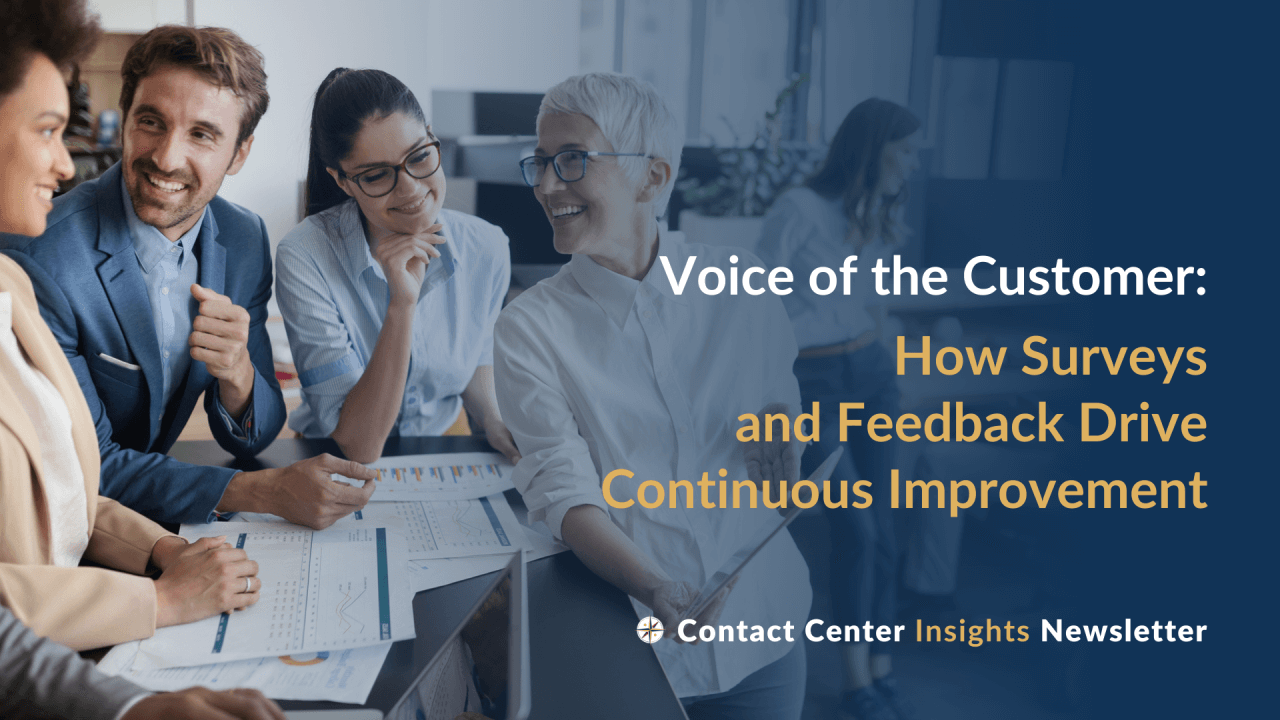Today, we’re diving into a critical topic in the realm of contact centers: addressing burnout and prioritizing agent well-being, especially in high-volume environments. As frontline representatives, contact center agents play a pivotal role in delivering exceptional customer service. However, the demanding nature of high-volume contact centers can take a toll on their mental and emotional well-being. Join us as we explore strategies for mitigating burnout and promoting agent well-being to ensure a sustainable and thriving workforce.
High-volume contact centers are characterized by a fast-paced environment, heavy call volumes, and often, repetitive tasks. While striving to meet service level agreements and resolve customer inquiries efficiently, agents may experience heightened stress, fatigue, and emotional exhaustion. Burnout, characterized by feelings of overwhelm and disengagement, can negatively impact agent morale, productivity, and ultimately, customer satisfaction. Acknowledging these challenges is the first step towards implementing meaningful solutions.

Let’s explore four key strategies for addressing burnout and promoting agent well-being in high-volume contact centers:
- Wellness Programs and Resources: Implement comprehensive wellness programs that cater to the physical, mental, and emotional needs of agents. Offer resources such as stress management workshops, mindfulness sessions, and access to mental health professionals. Encourage regular breaks and provide comfortable workspaces to alleviate physical strain.
- Workload Management: Prioritize workload management to prevent agent burnout. Utilize workforce management tools to forecast call volumes, schedule breaks, and distribute workload evenly among agents. Implement strategies such as flexible scheduling, job rotation, and task variety to prevent monotony and maintain engagement.
- Training and Skill Development: Invest in ongoing training and skill development initiatives to empower agents and enhance job satisfaction. Provide opportunities for career advancement, skill enhancement workshops, and cross-training in different departments. Recognize and celebrate agent achievements to boost morale and motivation.
- Open Communication and Feedback: Foster a culture of open communication and feedback where agents feel comfortable expressing their concerns and providing input. Conduct regular check-ins with agents to assess their well-being, address any challenges they may be facing, and solicit suggestions for improvement. Actively listen to agent feedback and implement actionable solutions to demonstrate a commitment to their well-being.



